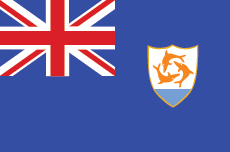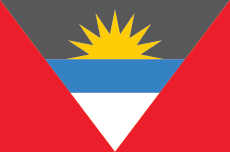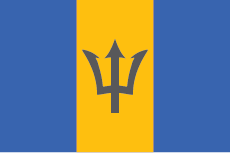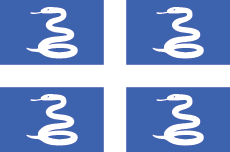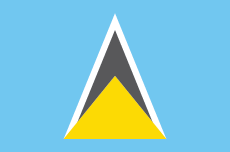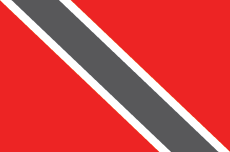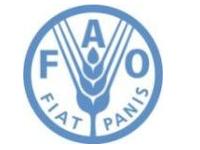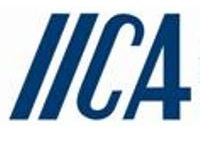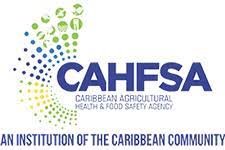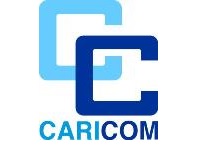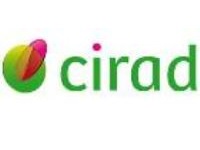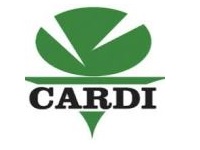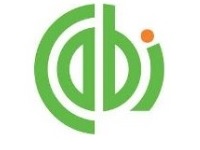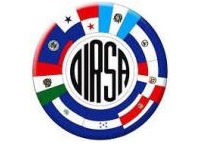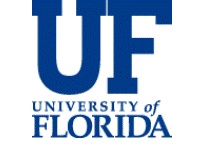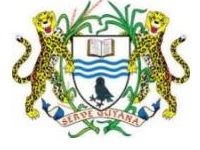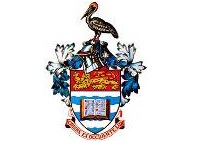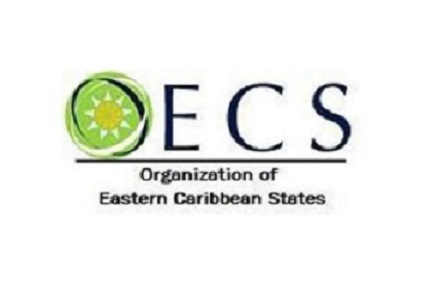Overview
The establishment of the technical working group (TWG) on the Giant African Snail was a decision of the Caribbean Plant Health Directors (CPHD) at their first meeting, convened at the Caribbean Community (CARICOM) Secretariat Headquarters in George Town Guyana on April 23-25, 2008. This working group was to be one of five such groups established as an initial step in the formation of a regional network regarding plant health. The TWG name was changed from the TWG on Giant African Snail to the TWG on Molluscs, to incorporate all Molluscs of Economic Importance in 2010.
General Objective
To safeguard the Caribbean from threats and /or the impacts of introduction, economic damage, and spread of plant pests through investigation, research and the provision of advice on all matters related to Molluscs Pest.
Pest of Concern
and, other Mollusc of quarantine importance
Membership
Supporting Organizations
- Center for Agricultural Biosciences International (CABI International)
- CARICOM Secretariat
- Food and Agriculture Organisation (FAO)
- Inter-American Institute for Cooperation on Agriculture (IICA)
- United States Department of Agriculture/Animal and Plant Health Inspection Service GCSI (USDA/APHIS)
Affected Countries
- Antigua
- Anguilla
- St Lucia
- Barbados
- Dominica
- Guadeloupe
- Trinidad and Tobago
Specific Objectives
Where necessary the specific objectives (in no order of priority) should be to:
- To investigate the biology and distribution of molluscs pests
- Make recommendations to the Plant Health Directors Meeting for consideration of Molluscs Pests to be placed on national/regional priority pest lists
- Conduct and disseminate pest risk analyses on Molluscs Pest.
- Determine and recommend system(s) for prevention, surveillance, control and/or eradication of Molluscs Pests.
- Determine the level of diagnostics required for detection [control or eradication].
- Advise on surveillance and monitoring activities (national & regional)/projects/programmes required for Molluscs Pests to include a protocol for surveillance
- Recommendations for training and building capacity
- Recommend emergency preparedness for outbreaks if required
- Advise on Public awareness with emphasis on community participation
- Investigate/research new methods of prevention, spread, control, eradication
- Address emerging issues.
- Prepare discussion and scientific papers/publications when relevant
- Assist with the development of notifications re WTO obligation upon request
- Make recommendations on any issue (including ISPMs, etc.) concerning Molluscs Pest to the Caribbean Plant Health Directors to guide on discussion in the international, regional and national fora.
- Report to the Meeting of Plant Health Directors
- Verification and validation of information using international standards
- Advise on synergies with other initiatives, programmes and projects
- Advise on affiliations with other Groups, associations etc
Achievements
Completion of an Island Wide Survey for the Giant African Snail in 2012
An Island Wide Survey for the Giant African Snail was completed for Suriname and Montserrat in 2012, by regional expert, Dr. Angela Fields. The results were negative for GAS.
Read More
